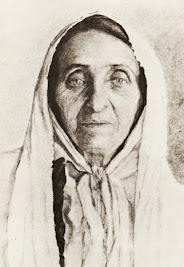Europe: Thonon-les-Bains, Switzerland; Paris, France; Stuttgart, Germany; Budapest, Hungary; London, England; Clifton, England; Byfleet, England; Oxford, England; Edinburgh, Scotland
USA: New York, N.Y.; Brooklyn, N.Y.; Washington, D.C.; Baltimore, Md.; Chicago, Illinois; Kenosha, Wis.; Cleveland, Ohio; Cincinnati, Ohio; Pittsburgh, Pa.; Montclair, N. J.; West Englewood, N.J.; Jersey City, N.J.; Cambridge, Mass.; Boston, Mass.; Malden, Mass.; Medford, Mass.; Fanwood, N.J.; Morristown, N.J.; Philadelphia, Pa.; Dublin, N.H.; Green Acre, Eliot, Maine; Minneapolis, Minn.; St. Paul, Minn.; Denver, Colo.; Oakland, Calif.; Palo Alto, Calif.; San Francisco, Calif.; Sacramento, Calif.; Los Angeles, Calif.; Salt Lake City, Utah.; Pasadena, Calif.
Canada: Montreal, Quebec
(‘Baha’i Year Book 1925-1926’)










